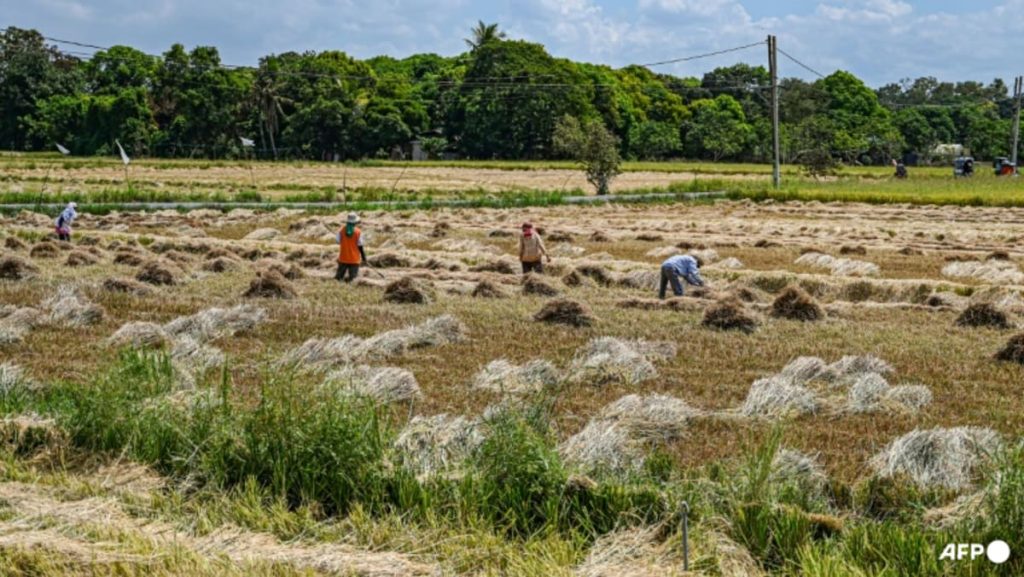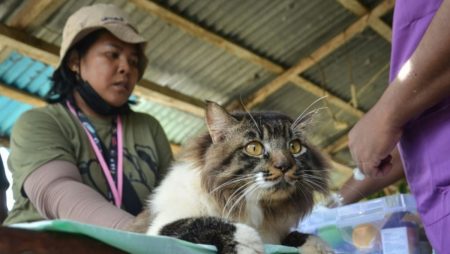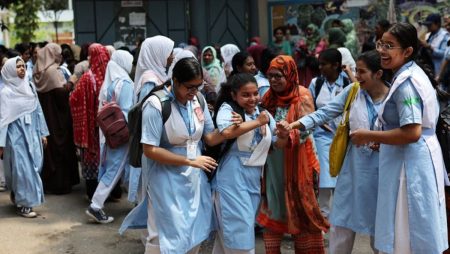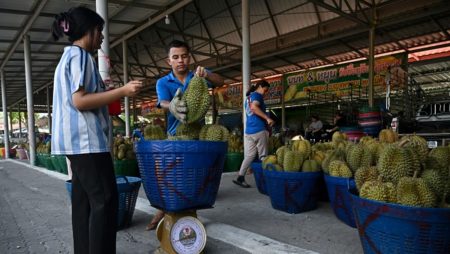h Vitamin A to address malnutrition and vitamin deficiency in the country’s population. Advocates of golden rice argue that it has the potential to significantly improve the health and well-being of millions of people, especially in developing countries. However, critics have raised concerns about the safety of genetically modified organisms (GMOs) and the potential risks they pose to human health and the environment.
The court’s decision to block the commercial propagation of golden rice highlights the ongoing debate surrounding the use of GMOs in agriculture and food production. While some countries have embraced GMOs as a way to increase crop yields and address food security issues, others have raised concerns about the long-term effects of GMOs on human health and the environment. The conflicting scientific views on the safety and efficacy of golden rice have further complicated the debate and fueled skepticism among the public.
Many scientists and experts have conducted studies and research to determine the safety and efficacy of golden rice, with conflicting results. Some studies have found that golden rice is safe for human consumption and could help reduce vitamin A deficiency in populations that rely heavily on rice as a staple food. However, other studies have raised concerns about the potential risks of GMOs and the lack of long-term data on the effects of consuming genetically modified foods.
The court’s decision to block the commercial propagation of golden rice is a setback for advocates of GMOs and biotechnology, who argue that these technologies have the potential to address global challenges such as food insecurity and malnutrition. The ruling underscores the need for more research and evidence-based policies to ensure that GMOs are safe for human consumption and do not have harmful effects on the environment. Moving forward, it will be important for governments, scientists, and stakeholders to work together to address the concerns raised by the court and make informed decisions about the use of GMOs in agriculture and food production.
The debate over golden rice and GMOs reflects broader questions about the role of science and technology in addressing global challenges such as food security and malnutrition. While some argue that GMOs have the potential to improve crop yields and address nutritional deficiencies, others caution against the unknown risks of manipulating the genetic makeup of organisms. Moving forward, it will be important for policymakers and stakeholders to consider the complexities of these issues and make decisions that prioritize the safety and well-being of the public.
In conclusion, the court’s decision to block the commercial propagation of golden rice in the Philippines highlights the ongoing debate surrounding GMOs and their potential impact on human health and the environment. While advocates argue that GMOs have the potential to address global challenges such as food insecurity and malnutrition, critics raise concerns about the safety and long-term effects of consuming genetically modified foods. Moving forward, it will be important for policymakers, scientists, and stakeholders to work together to address these concerns and make informed decisions about the use of GMOs in agriculture and food production.















